With 94 percent of the votes counted, the PS led by Edi Rama had won 52 percent, the election commission announced on Tuesday.
The Democratic Party (PD) led by former Prime Minister Sali Berisha only achieved 34 percent – a bitter setback for the opposition.
Rama, who has been at the helm of the country since 2013, was even able to improve on his result of 49 percent in the last election. For the 60-year-old head of government, this means a comfortable majority that should enable him to pursue his ambitious political plans – above all, the desired accession to the EU by 2030. However, experts strongly doubt that this goal is realistic.
The election results are also causing international debate. The Organization for Security and Cooperation in Europe (OSCE) spoke of irregularities in the election process. In a preliminary report, observers criticized the ruling party’s misuse of state resources and institutional power, especially during the election campaign.
The economy is booming – but many are emigrating
Despite these criticisms, Rama enjoys support among large sections of the population – not least because of the country’s economic development. According to the World Bank, the Albanian economy has grown faster than in many other Western Balkan countries in recent years. Tourism is booming and trade with the EU is flourishing. But there are cracks in the positive picture.
Rama’s opponents accuse him of ruling the country through a system of political favors and doing too little to combat corruption and unemployment. Although the prime minister rejects these accusations, the fact remains that hundreds of thousands of Albanians have emigrated since 2013 in search of better living conditions abroad.
Weak opposition
Another reason for the clear election result lies in the divided and weakened opposition. Sali Berisha, now 80 years old, was unable to build on his earlier successes. The former prime minister is considered controversial, not least because of sanctions imposed by the US, which accuses him of corruption. The lack of support for the Democratic Party enabled Rama to fully exploit his powerful political network.
Albania has been a NATO member since 2009 and has been negotiating accession to the European Union for three years. The country has been an official EU candidate for accession since 2014. Edi Rama sees himself as a pro-European moderniser.
Corruption, political influence, and weak institutions remain major obstacles. The election result is likely to strengthen Rama’s position at home, but it remains to be seen whether he can regain trust at the European level.
One thing is certain: Albania remains on a political tightrope between economic optimism, political tensions, and the desire to finally anchor itself in the European Union. With his clear election victory, Edi Rama once again holds all the cards – but he will have to work hard to rebuild trust in democratic processes.
Image: APA
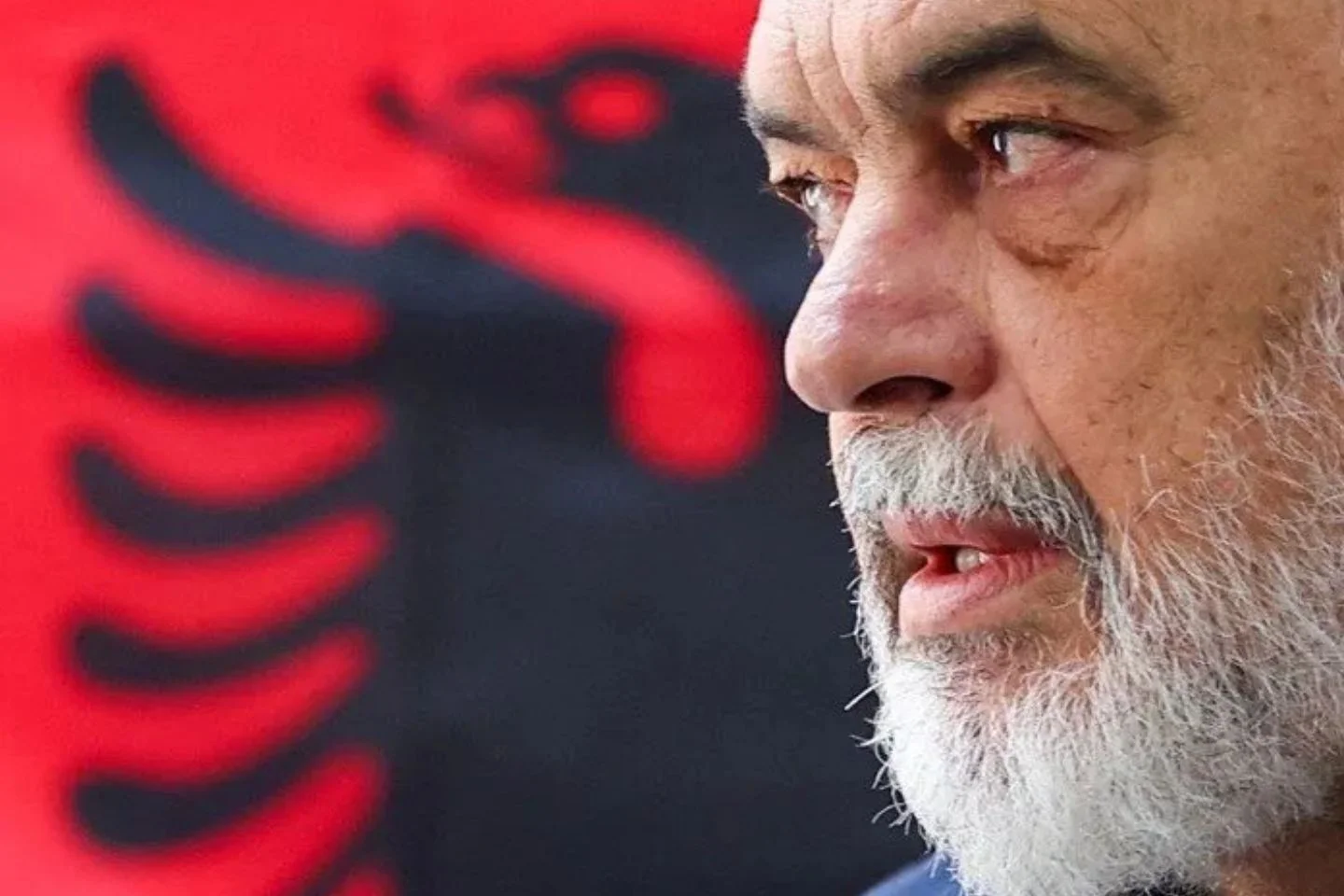

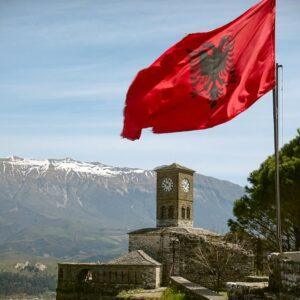




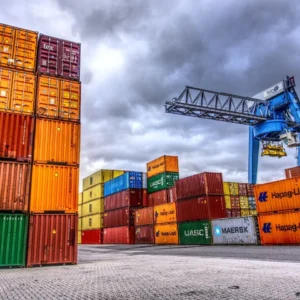
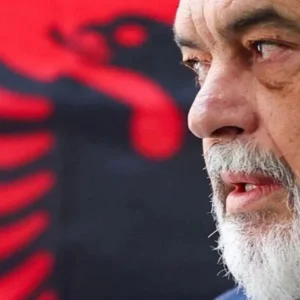
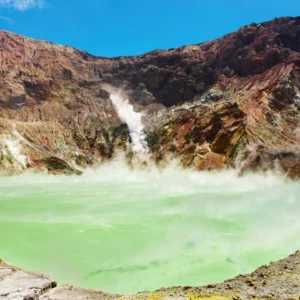

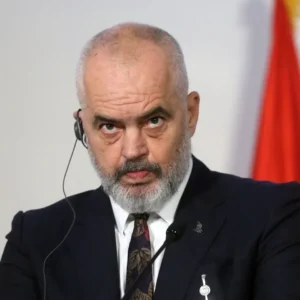
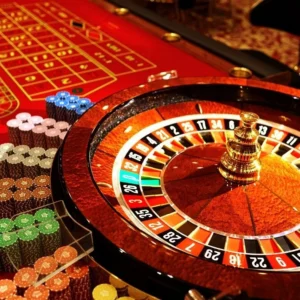
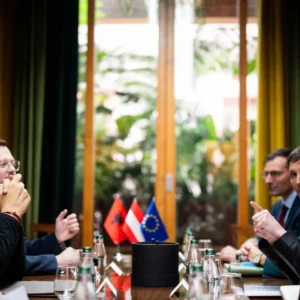
Recent Comments